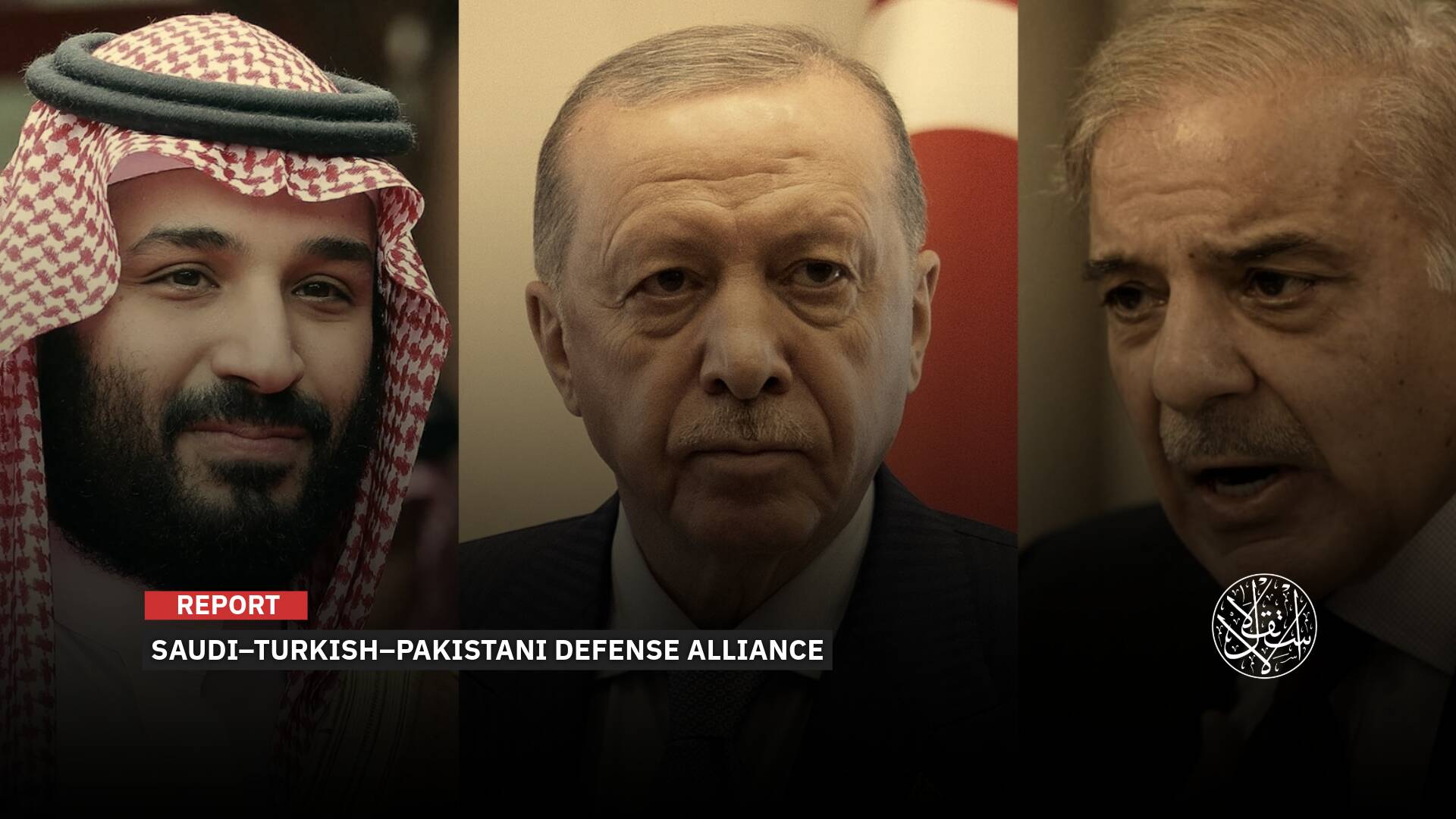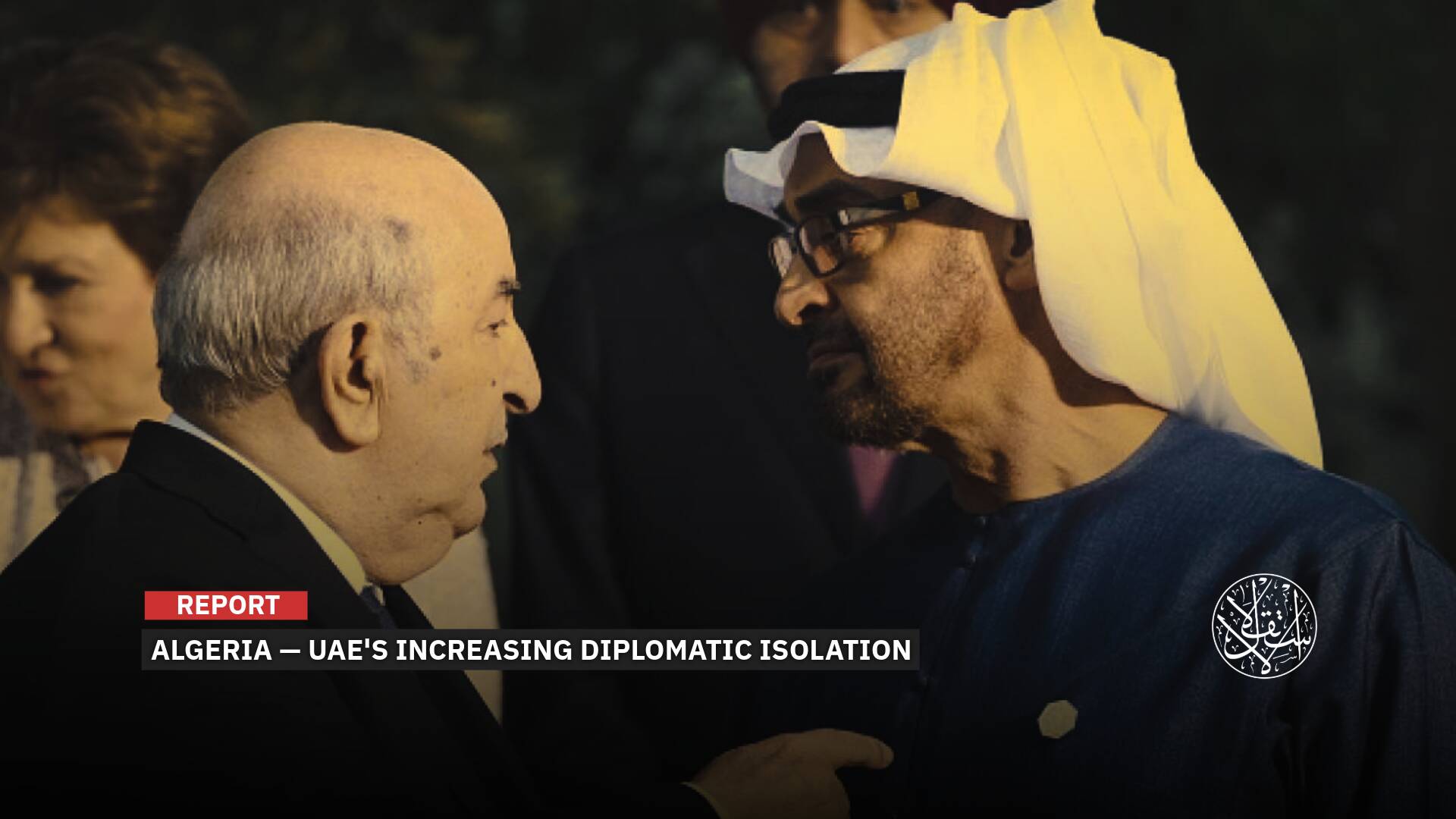Iran-Backed Zainabiyoun Militia Stirs Violence in Pakistan: What's the Story?

Pakistan's security forces face repeated threats from the Zainabiyoun Brigade.
The Iran-backed Pakistani militia, the Zainabiyoun Brigade, has reasserted its influence in Islamabad following sectarian and tribal violence in the country.
On November 21, 2024, sectarian clashes in the Kurram region of Khyber Pakhtunkhwa province, in northwest Pakistan, left at least 82 dead and 156 injured.
Among the casualties, 16 were Sunni, while 66 were Shia. The violence erupted when unidentified gunmen attacked Shia Muslim convoys passing through the area under police protection.
Acts of Violence
Violence erupted once again in Pakistan as the Zainabiyoun militia, an Iran-backed group, targeted villages in the Kurram region, setting them ablaze and raising their own flags while lowering the Pakistani national emblem.
Pakistani government spokesman Muhammad Ali Saif confirmed that talks between Shia and Sunni leaders had led to an agreement to cease the violence, according to reports by Reuters and Agence France-Presse.
Armed militants from the Zainabiyoun militia were seen carrying weapons and launching attacks on government property and institutions in the Kurram region.
Local officials reported that an armed group targeted the Bagan market, an area with a Sunni majority within Kurram. The attackers, using both light and heavy weaponry, destroyed hundreds of shops and homes.
Speaking to Al Jazeera, a resident described the devastation, saying, "Nothing is left to save in Bagan — no shops, no homes."
A local official acknowledged that authorities are facing a significant shortage of police officers and administrative staff necessary to manage the deteriorating situation in Kurram. He confirmed that the regional government had been urgently informed of the need to deploy additional forces to address this critical situation.
The Zainabiyoun Brigade, formed in 2014 by Iran's Revolutionary Guard, was established to fight in Syria in defense of Bashar al-Assad's regime. Iran intervened militarily in 2012 to prevent the fall of al-Assad's regime amid a popular uprising that began in March 2011.
The Zainabiyoun Brigade, largely made up of Shia Pakistanis recruited from Iran, has regularly received wages from the Revolutionary Guard. Many of its recruits are Hazaras from Balochistan, Parachinar, and Khyber Pakhtunkhwa, one of Pakistan's four provinces located in the country's northwest.
The Iranian Revolutionary Guard provides a four-week training program before deploying Zainabiyoun fighters to special training camps within Iran. Fighters are persuaded to obtain permanent residency in the Islamic Republic, with promises of a monthly salary and education for their children.
Many of the Zainabiyoun fighters are students who traveled to Iran for educational purposes, or Pakistani pilgrims visiting to perform Shiite religious rites. The brigade is named after the mission to "protect" the shrine of Sayyida Zainab, the daughter of the fourth caliph Ali ibn Abi Talib, located south of Damascus.
This symbolic association helps Iran recruit more Shia Pakistanis, appealing to them under this banner. According to a senior Iranian Revolutionary Guard official, speaking anonymously to Iran International TV, a Zainabiyoun fighter receives a monthly salary of $700.
With Zainabiyoun activity reported in the Kurram region, the manner in which the convoy was targeted suggests that the attack was premeditated. Kurram is the only tribal area in Pakistan that borders Afghanistan on three sides, while linking to Khyber Pakhtunkhwa on the other, earning it the nickname "parrot’s beak."
This latest attack follows an earlier assault on October 12, 2024, targeting vehicles belonging to Sunni tribes in Kurram, which left 10 dead. Since July 2024, sectarian violence in Kurram has claimed over 160 lives, according to reliable sources.
Sectarian Terrorism
Rifatullah Orakzai, a researcher and journalist in the region, explains that the unique geographical setup of Kurram has become a growing threat.
Speaking to Voice of America on November 22, 2024, Orakzai noted that extremism in Kurram, located near the Afghan border and home to a large Shia population, differs from the rest of the region due to its distinct local, regional, and global motivations.
The division of land in the area has led to the emergence of sectarian unrest.
Shiite and Sunni Muslims in Pakistan have been engaged in both tribal and sectarian conflicts over territorial disputes for decades.
The Shia-Sunni divide in Pakistan intensifies almost every year during the month of Muharram (July), often triggered by attacks in predominantly Shia areas or by provocative speeches from Shia clerics.
Amid its growing activity in Pakistan, Islamabad designated the Zainabiyoun Brigade as a terrorist organization in April 2024.
The Ministry of the Interior stated that the group posed a significant threat to the country's security and law enforcement.
A senior official in the Ministry of the Interior explained that security recommendations regarding the Zainabiyoun Brigade had been in place since late 2022, due to its involvement in sectarian terrorism in Pakistan.
Before officially classifying the group as a terrorist organization, Pakistan's Anti-Terrorism Department had been tracking its cells and influence within the country.
In late January 2024, Pakistan announced the arrest of “a trained terrorist” linked to the Zainabiyoun Brigade.
Local media outlets reported that the suspect was detained during a raid in the Bazaar Sarbaz area of Karachi, where he confessed to gathering critical intelligence for a hostile neighboring intelligence agency.
While the Anti-Terrorism Department did not specify the intelligence agency involved, some local outlets identified Iran as the agency in question.

It is reported that this suspect has direct connections to the 2019 attack on Pakistan's Mufti Taqi Usmani, a former judge of the Supreme Court and a permanent member of the International Academy of Islamic Fiqh under the Organisation of Islamic Cooperation.
Usmani was the target of an assassination attempt in March 2019.
At the time, Pakistani police declared the attack a blatant attempt to destabilize the country and incite sectarian tensions, as Shia Muslims make up around 10% of Pakistan’s population of over 220 million.
Pakistan's security forces are under significant pressure as they contend with repeated threats linked to the Zainabiyoun Brigade.
In February 2020, Pakistani security forces announced the arrest of a Zainabiyoun member in the Sindh province, marking the fourth such arrest in two months.
According to security officials, the detainees had previously received military training in Iran.
In 2022, Pakistani media reported the discovery of an Iranian money-laundering network that had transferred large sums of money between Pakistan, Iran, and Iraq over the past seven years.
Documents from the time revealed illicit methods of money transfers via remittances and highlighted that the money-laundering ring had exploited Pakistani nationals traveling to Iran and Iraq, specifically to the cities of Qom and Najaf.
Assassination Operations
Notably, the activities of the Zainabiyoun Brigade in Pakistan, with an estimated membership between 2,000 and 5,000, extend beyond just militancy to include assassination operations.
On November 22, 2024, three members of the banned Zainabiyoun group were presented before Pakistan's Anti-Terrorism Court after being implicated in the killing of a resident from the Ancholi area in Karachi earlier that month.
The Pakistan Anti-Terrorism Department periodically conducts raids targeting Zainabiyoun-linked cells.
On September 12, 2024, the department announced the arrest of an individual from Rawalpindi in the Punjab region of northeast Pakistan, identified as a Zainabiyoun affiliate.
The security authorities stated that explosives and bomb-making materials were recovered from the suspect, who was subsequently handed over for further investigation.

Since the emergence of the Zainabiyoun Brigade’s role in Syria over the past decade, the question has been: what will become of these militias?
Many observers have pointed out that the experienced fighters within this group are likely to pose a future threat to Pakistan’s national security.
According to media reports, the danger posed by the Zainabiyoun Brigade in Pakistan lies in their ability to reopen the country's sensitive sectarian wounds whenever called upon, potentially sparking instability in the region.
Sources
- A one-week ceasefire in Pakistan after 82 killed in sectarian violence. [Arabic]
- Deaths from gunfire in Kurram; Is this just a land dispute? [Urdu]
- ANALYSIS - Iran-backed Zainabiyoun Brigade could become Pakistan’s new national security problem
- Pakistan designates the Iran-backed Zainabiyoun Brigade as a "terrorist organization". [Arabic]
- 32 killed in sectarian violence in northwest Pakistan. [Arabic]
- Tensions Remain As Pakistan Arrests Alleged Iran-Backed Militant











